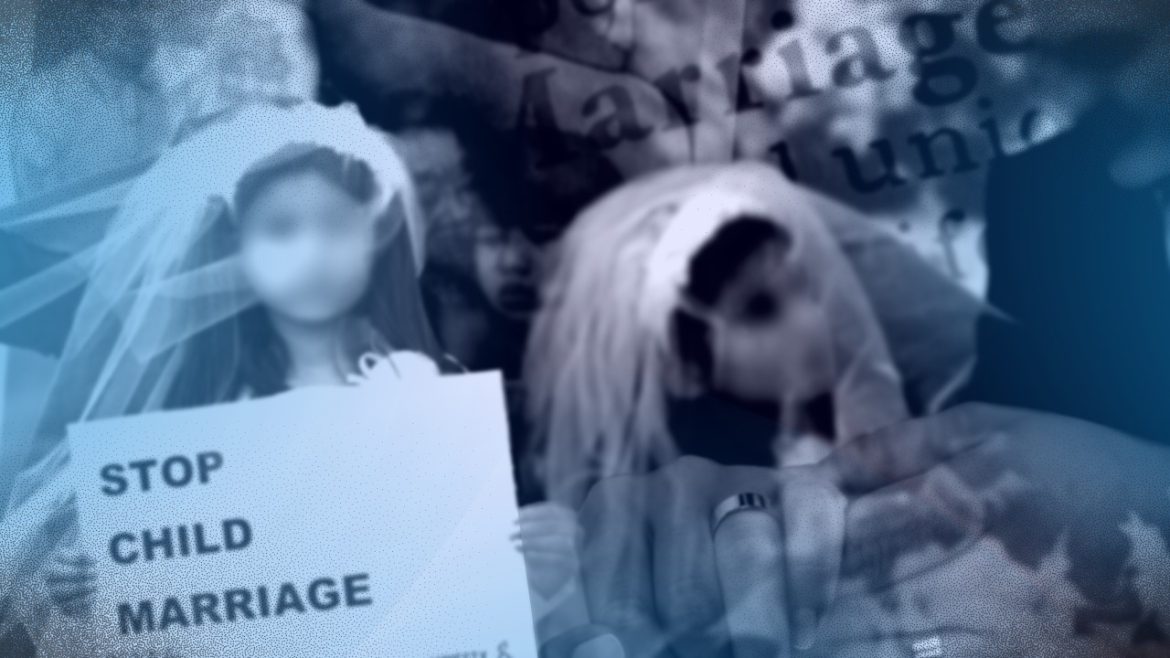MANILA, Philippines– The Council for the Welfare of Children (CWC) is addressing a recent case involving a 10-year-old boy and a 14-year-old girl, both of whom were part of a “traditional Maranao” wedding.
The incident, which was captured on social media, has prompted the CWC to seek assistance from relevant authorities for investigation and action.
The CWC, led by Executive Director Angelo Tapales, emphasized that child marriages are illegal in the Philippines, regardless of cultural or religious practices.
Under Philippine law, marriages involving minors are not recognized and are considered void. The council is prioritizing the protection of children and is working to ensure that laws against child marriages are consistently enforced.
The video of the wedding ceremony, which spread widely on social media, raised concerns and public attention about the continued occurrence of child marriages in some communities.
Many individuals and organizations have questioned how such practices persist despite legal prohibitions.
The Philippines has laws that clearly define the legal age for marriage. Republic Act No. 11596, signed into law in December 2021, prohibits child marriages, setting the legal marriage age at 18.
Those who violate this law, including facilitators, face penalties such as fines and imprisonment. The CWC is collaborating with local communities, religious leaders, and government agencies to educate the public about the implications of child marriage.
Cultural and religious practices have been cited as reasons for child marriages in some areas, but the CWC stresses that these practices do not exempt individuals from complying with national laws.
The council is implementing programs to raise awareness and shift perceptions within communities where child marriages are more common.
In addition to community outreach, the CWC is partnering with educational institutions to incorporate lessons on children’s rights into school curricula.
These efforts aim to inform young people about their rights and empower them to make informed decisions about their futures.
The CWC has called for vigilance and public reporting of any child marriage cases, assuring that all reports will be handled urgently.
The council is committed to protecting children and ensuring that the laws in place to prevent child marriages are enforced.
The government is also working to improve the enforcement of existing laws, strengthening coordination between various agencies to enhance oversight and intervention in preventing child marriages.
The CWC continues its efforts to protect the rights and safety of children across the Philippines, focusing on education, community collaboration, and strict enforcement of laws against child marriage.

